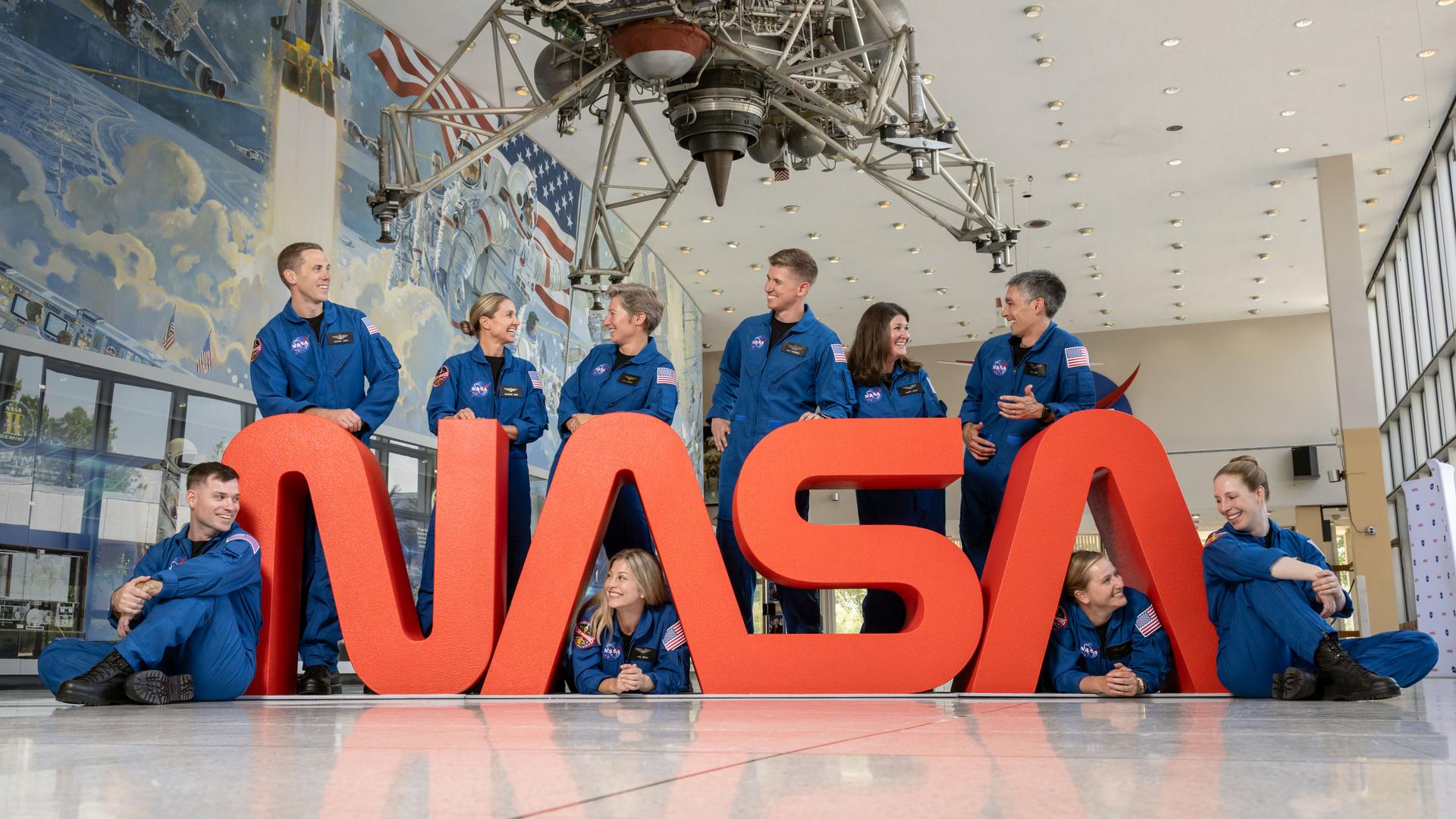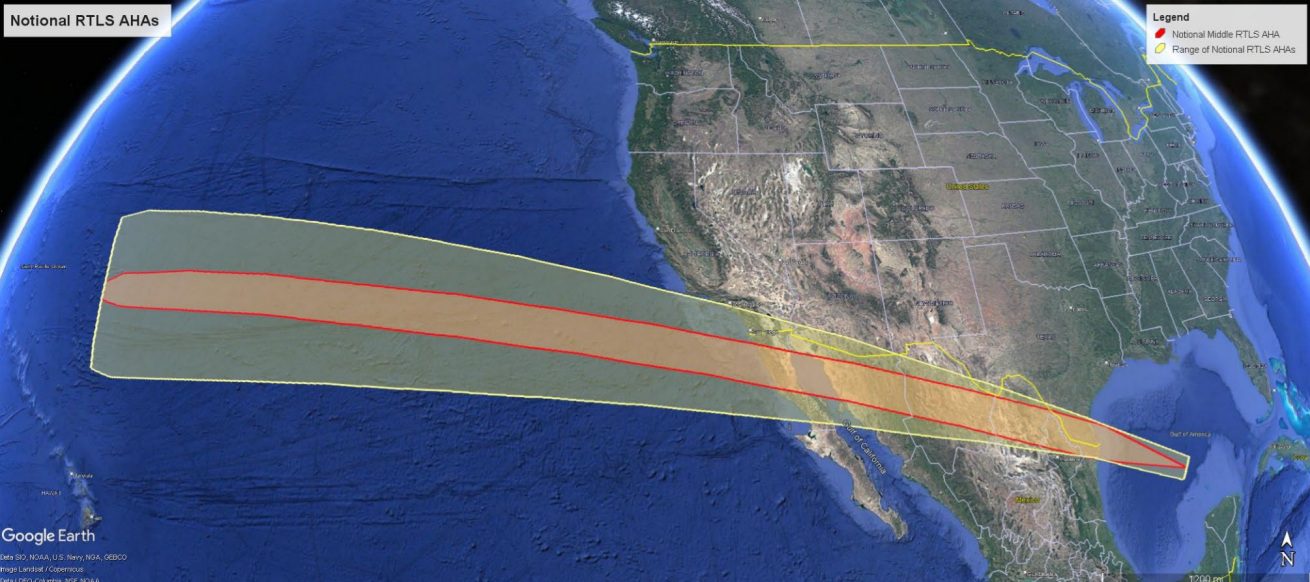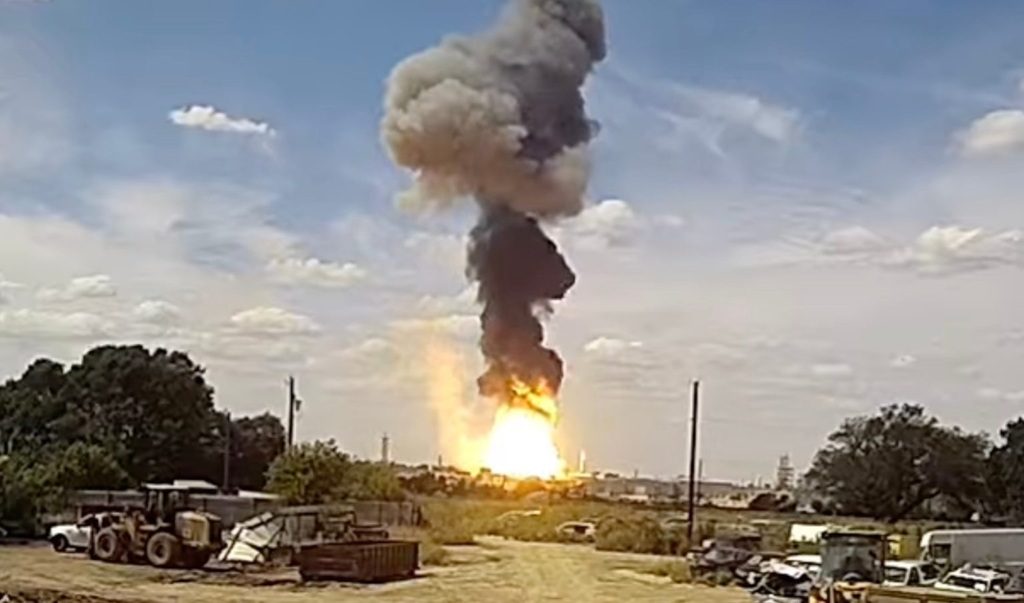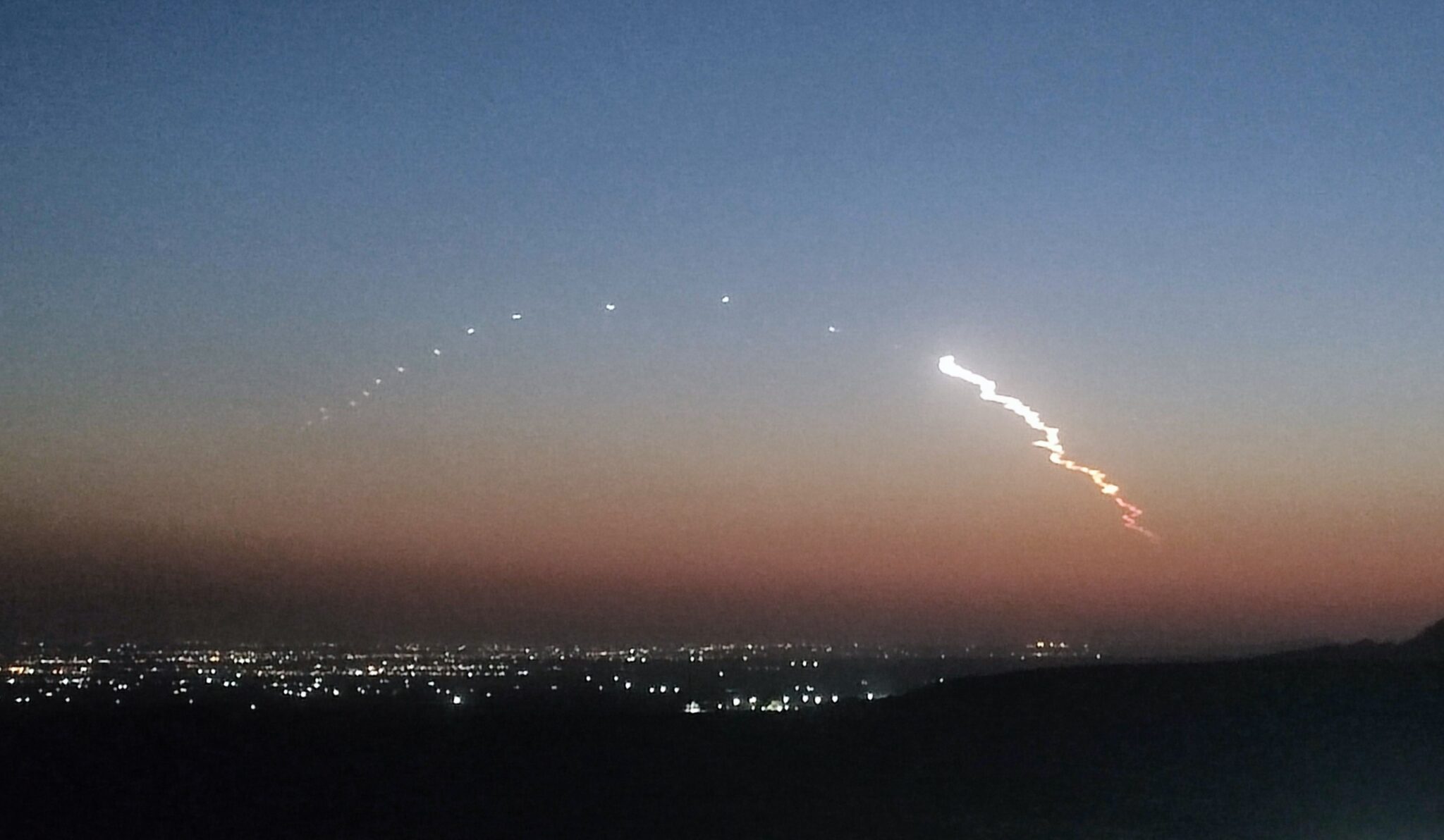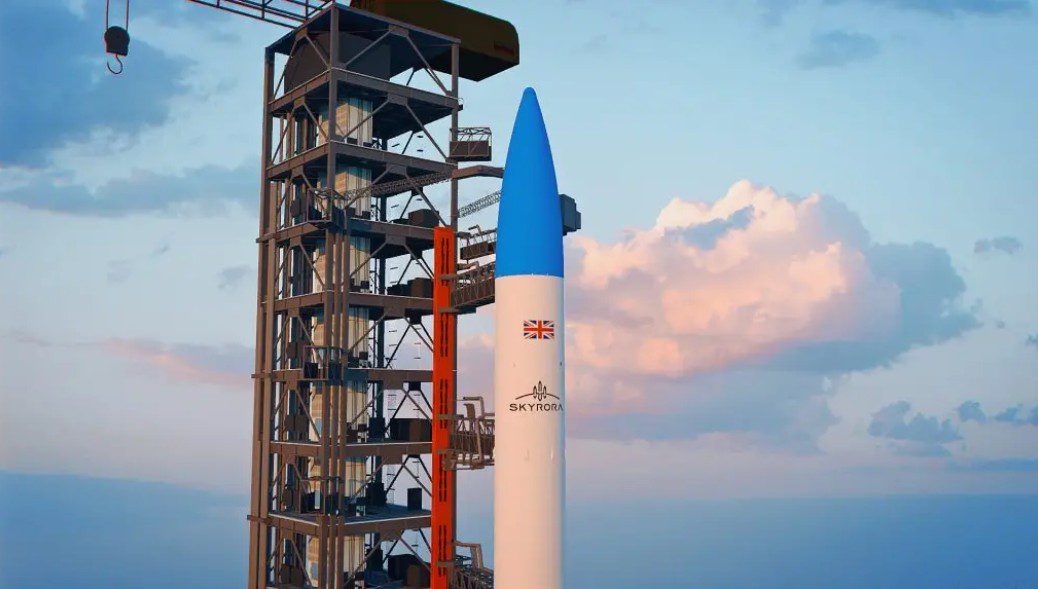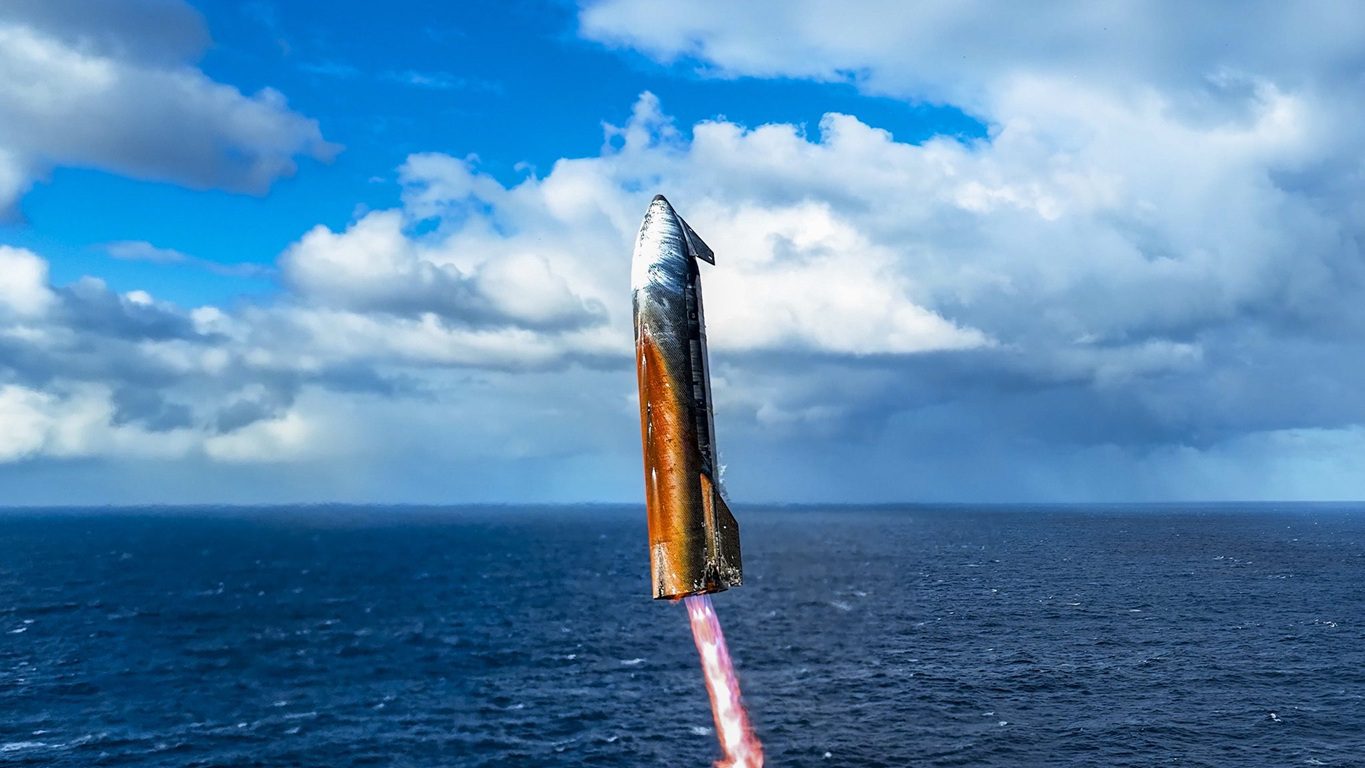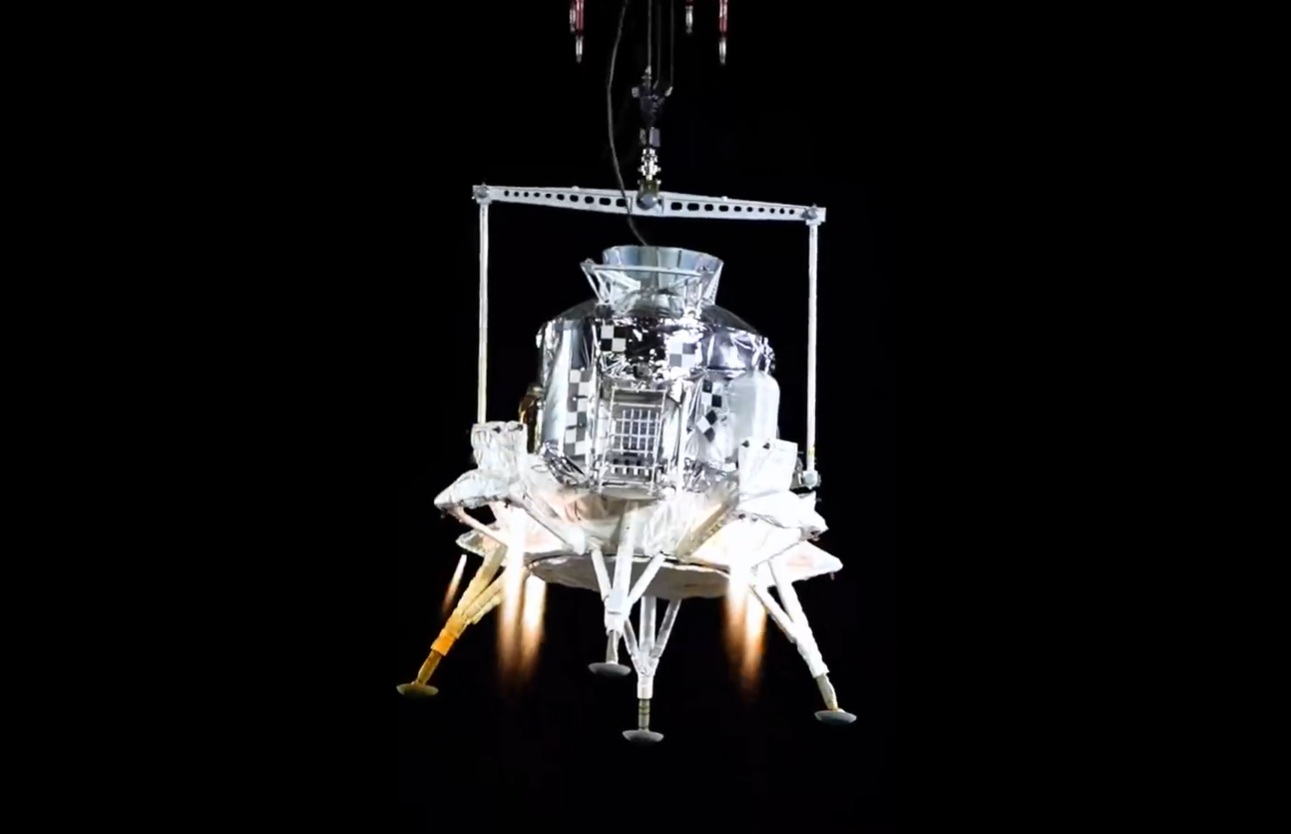Following international bidding, South Korea has settled on an Arianespace Vega C rocket to launch Kompsat 6 (Arirang 6), the South Korean vice-minister for Science, Oh Tae-seog, announced on 1 February.
 The contract replaces one previously held with International Launch Services (ILS) to launch Kompsat 6 on an Angara 1.2, which was signed in 2016. The contract with ILS was reportedly cancelled by South Korea to allow a launch attempt of Kompsat 6 in December 2022, which ultimately failed. A new launch date for the SAR radar satellite is awaiting the findings of an investigation into the launch failure of the Vega-C rocket.
The contract replaces one previously held with International Launch Services (ILS) to launch Kompsat 6 on an Angara 1.2, which was signed in 2016. The contract with ILS was reportedly cancelled by South Korea to allow a launch attempt of Kompsat 6 in December 2022, which ultimately failed. A new launch date for the SAR radar satellite is awaiting the findings of an investigation into the launch failure of the Vega-C rocket.
South Korea’s Earth observation mission CAS500-2 is in similar straits. Until last year it was expected to launch on a Soyuz rocket in the second half of 2022. Now the satellite will be subject to an international bidding competition that is expected to start in March. South Korea hopes that a prompt selection process could result in this satellite flying before June.
South Korea’s shift away from Russian launchers is just the latest in a string of missions to be moved outside the country following Russia’s invasion of Ukraine one year ago. Other notable losses are the European Mars rover Rosalind Franklin, and multiple launches for the constellation OneWeb.


